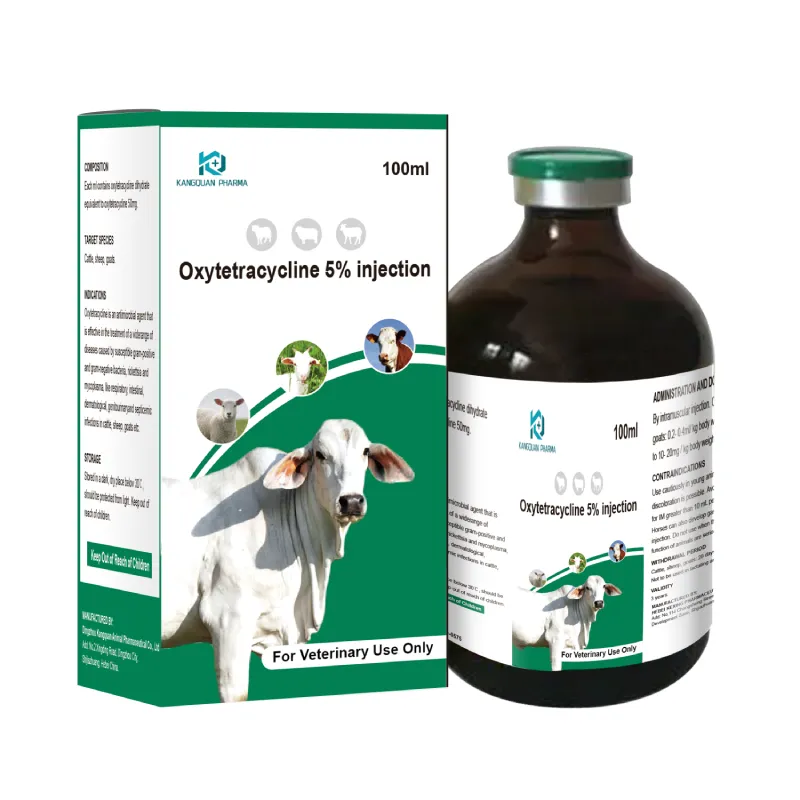- Afrikaans
- Albanian
- Amharic
- Arabic
- Armenian
- Azerbaijani
- Basque
- Belarusian
- Bengali
- Bosnian
- Bulgarian
- Catalan
- Cebuano
- Corsican
- Croatian
- Czech
- Danish
- Dutch
- English
- Esperanto
- Estonian
- Finnish
- French
- Frisian
- Galician
- Georgian
- German
- Greek
- Gujarati
- Haitian Creole
- hausa
- hawaiian
- Hebrew
- Hindi
- Miao
- Hungarian
- Icelandic
- igbo
- Indonesian
- irish
- Italian
- Japanese
- Javanese
- Kannada
- kazakh
- Khmer
- Rwandese
- Korean
- Kurdish
- Kyrgyz
- Lao
- Latin
- Latvian
- Lithuanian
- Luxembourgish
- Macedonian
- Malgashi
- Malay
- Malayalam
- Maltese
- Maori
- Marathi
- Mongolian
- Myanmar
- Nepali
- Norwegian
- Norwegian
- Occitan
- Pashto
- Persian
- Polish
- Portuguese
- Punjabi
- Romanian
- Russian
- Samoan
- Scottish Gaelic
- Serbian
- Sesotho
- Shona
- Sindhi
- Sinhala
- Slovak
- Slovenian
- Somali
- Spanish
- Sundanese
- Swahili
- Swedish
- Tagalog
- Tajik
- Tamil
- Tatar
- Telugu
- Thai
- Turkish
- Turkmen
- Ukrainian
- Urdu
- Uighur
- Uzbek
- Vietnamese
- Welsh
- Bantu
- Yiddish
- Yoruba
- Zulu
Nov . 05, 2024 22:38 Back to list
Dexamethasone Sodium Phosphate Injection 2ml Overview and Uses in Medical Treatments
Dexamethasone Sodium Phosphate Injection An Overview
Dexamethasone sodium phosphate is a potent synthetic glucocorticoid widely used in medical applications for its anti-inflammatory and immunosuppressive properties. This medication is typically available in an injectable form, with a common concentration found in a 2 ml vial. As a member of the corticosteroid class, dexamethasone plays a significant role in treating various conditions, ranging from allergic reactions to more severe inflammatory diseases.
Mechanism of Action
Dexamethasone works by mimicking the effects of hormones produced by the adrenal glands. This medication binds to glucocorticoid receptors in various tissues, leading to a cascade of biological effects. These effects include the inhibition of inflammatory pathways and modulation of immune responses. By decreasing the production of pro-inflammatory cytokines, dexamethasone effectively reduces swelling, redness, and pain associated with inflammatory conditions.
Indications
The scope of dexamethasone sodium phosphate injection is extensive. It is commonly employed to treat conditions such as
1. Allergic Reactions Severe allergic reactions such as anaphylaxis or angioedema may require immediate intervention with dexamethasone to control inflammation and prevent complications. 2. Autoimmune Disorders Conditions like rheumatoid arthritis or lupus benefit from (corticosteroids), particularly in managing acute flares when rapid anti-inflammatory action is necessary. 3. Respiratory Conditions In diseases such as asthma and chronic obstructive pulmonary disease (COPD), dexamethasone can alleviate airway inflammation, improving patient breathing and overall respiratory function. 4. Cancer Treatment Dexamethasone is frequently used in oncology, often as part of a chemotherapy regimen to manage side effects, or to treat specific hematologic malignancies like leukemia or lymphoma.
5. Post-surgical Inflammation After surgical procedures, dexamethasone may be administered to minimize inflammation and pain.
Administration
dexamethasone sodium phosphate injection 2ml

Dexamethasone sodium phosphate is typically administered via intramuscular (IM) or intravenous (IV) injection. The route of administration may depend on the severity of the condition being treated and the urgency of the required response. After administration, the drug is rapidly absorbed, leading to an onset of action within hours.
Dosage and Precautions
The dosage of dexamethasone relies on several factors, including the condition being treated, the patient's age, weight, and overall health status. Medical professionals typically start with a higher dose, which can be gradually tapered down based on clinical response. Due to its side effects, it is crucial to monitor patients receiving dexamethasone for potential complications, including elevated blood sugar levels, fluid retention, increased risk of infections, and potential impacts on mood and behavior.
Moreover, long-term use of dexamethasone can lead to adrenal suppression, necessitating a careful tapering of the dosage to allow the body’s hormonal balance to restore after discontinuation.
Side Effects
Despite its effectiveness, dexamethasone sodium phosphate can lead to a range of side effects. Short-term effects may include insomnia, mood swings, and elevated blood sugar. Long-term use can result in more severe complications, such as osteoporosis, weight gain, and Cushing’s syndrome. Patients should be counseled on these potential side effects and monitored closely throughout their treatment course.
Conclusion
Dexamethasone sodium phosphate injection is a vital therapeutic agent in modern medicine, providing relief for a variety of acute and chronic conditions. While its benefits are profound, careful management and monitoring are essential to minimize risks and ensure patient safety. As research advances, the understanding of dexamethasone's applications and mechanisms can further enhance its efficacy and optimize its use across different healthcare settings.
-
Guide to Oxytetracycline Injection
NewsMar.27,2025
-
Guide to Colistin Sulphate
NewsMar.27,2025
-
Gentamicin Sulfate: Uses, Price, And Key Information
NewsMar.27,2025
-
Enrofloxacin Injection: Uses, Price, And Supplier Information
NewsMar.27,2025
-
Dexamethasone Sodium Phosphate Injection: Uses, Price, And Key Information
NewsMar.27,2025
-
Albendazole Tablet: Uses, Dosage, Cost, And Key Information
NewsMar.27,2025













